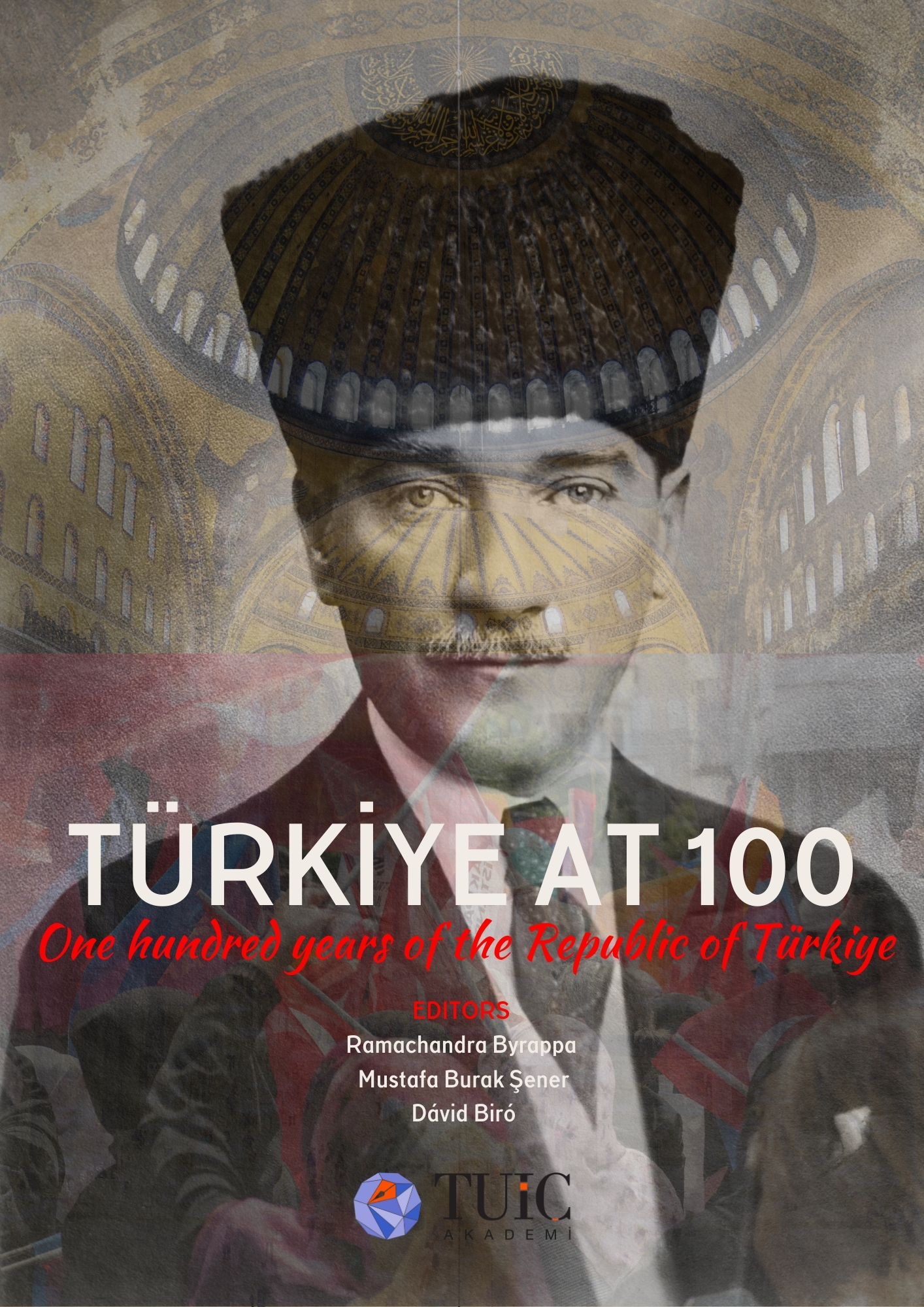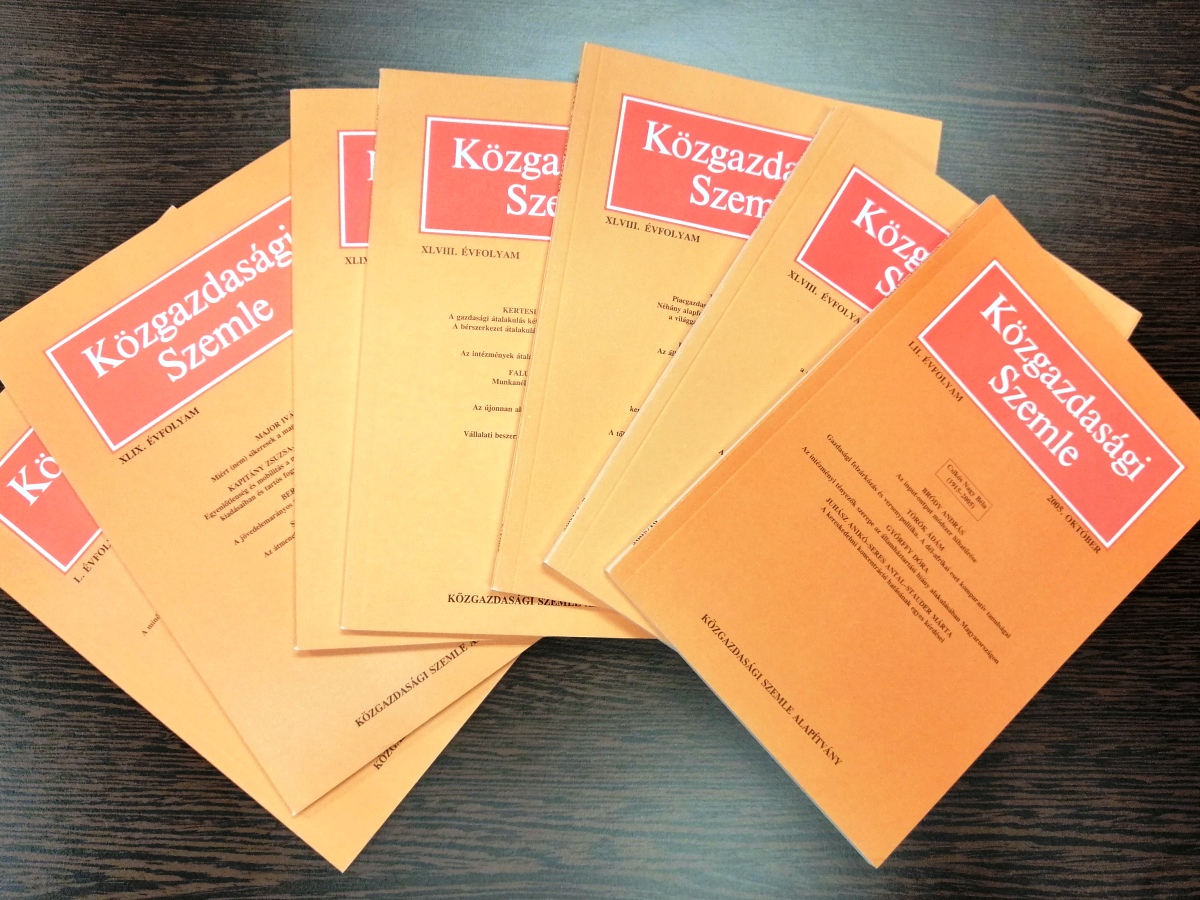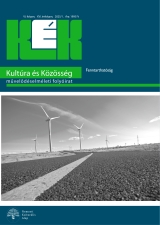The first session of Reginar, the new webinar series of our Institute is on 19 January 2023, at 14:00 (CET). Title of the session is the following: Regional industrial development with and beyond Foreign Direct Investment
Lecturer: Gábor Lux
Co-Referents:
Ernő Molnár, University of Debrecen
Erika Nagy, CERS IRS
Moderator: Péter Balogh, CERS IRS – ELTE
Abstract
Industrial restructuring in Central and Eastern Europe (CEE) has followed a predominantly exogenous development path, with the leading role of Foreign Direct Investment (FDI). The location decisions, strategic priorities, and division of labour of transnational corporations have had a profound impact on the geographies of industrial production, as well as CEE regions’ positions within global value chains, and the global division of labour. Foreign firms have built upon local productive traditions, but also undertaken a thorough reorganisation of the spaces they operate in. While the emerging production model on the CEE-integrated periphery shows strong global integration and more recently, a sort of deepening, it is also beset by centre–periphery relationships, trade-offs, and opportunity costs for future development.
In the scope of this Reginar session, we examine and discuss the regional aspects of FDI-driven industrial restructuring in the context of various CEE region types, how this development model might be upgraded towards an improved “successor model”, and what alternatives for regional reindustrialisation lie beyond Foreign Direct Investment.
For more details see also the Facebook site of Reginar: https://www.facebook.com/ReginarTheWebinar
Link to the online session: https://www.facebook.com/events/701381178330608









